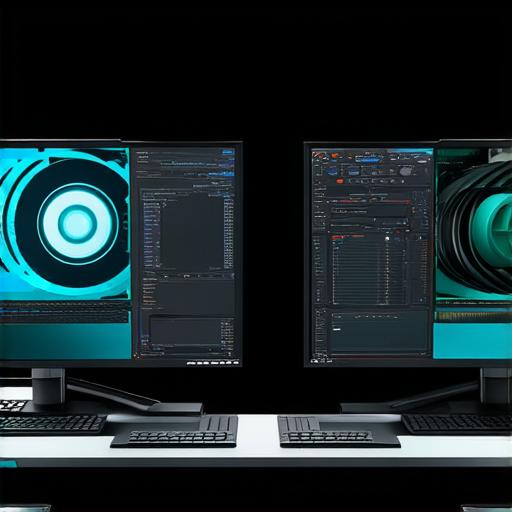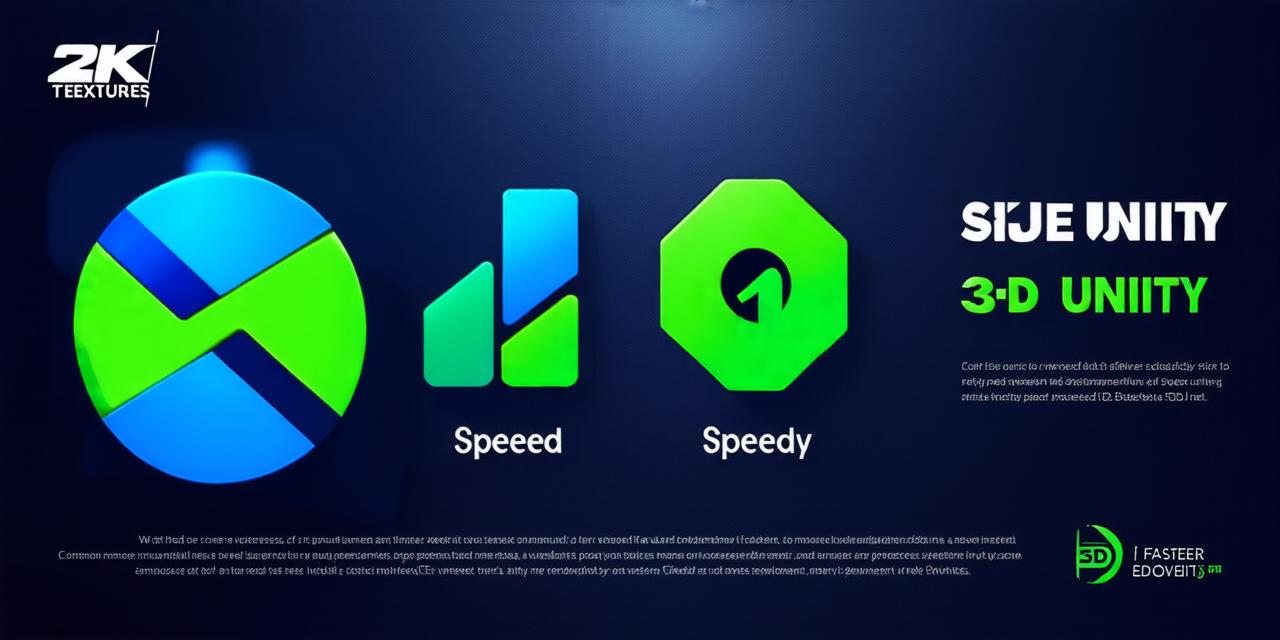Introduction
Unity and Unreal are two of the most popular game engines on the market today. Both engines have their own unique features and benefits that make them suitable for different types of projects. In this article, we will compare and contrast these two engines to help you decide which one is right for your needs.
Unity Overview
Unity is a cross-platform game engine that was first released in 2008. It is designed to be accessible to developers of all skill levels, with an intuitive user interface and a large community of users and resources. Some of the key features of Unity include:
- Support for 2D and 3D graphics
- Built-in physics engine
- Integration with a wide range of third-party tools and services
- Cross-platform support for Windows, Mac, Linux, iOS, Android, and more
- Large community of developers and resources
Unreal Engine Overview

Unreal Engine is a real-time 3D creation tool that was first released in 1998. It is widely used in the film, television, and game industries for creating realistic visual effects and immersive experiences. Some of the key features of Unreal Engine include:
- High-performance graphics rendering
- Advanced physics simulation
- Real-time animation and motion capture
- Integration with a wide range of third-party tools and services
- Cross-platform support for Windows, Mac, Linux, iOS, Android, and more
Comparison of Unity and Unreal Engine
While both engines have their own unique features and benefits, there are some key differences to consider when choosing between them. Here are some of the most important factors to consider:
-
Performance: Unreal Engine is generally considered to be more powerful than Unity, with its advanced graphics rendering and physics simulation capabilities. This makes it a good choice for projects that require high-performance graphics and realistic visual effects. However, Unity has made significant improvements in recent years, and its performance is now on par with many other engines.
-
Ease of use: Unity is designed to be accessible to developers of all skill levels, with an intuitive user interface and a large community of users and resources. It also has a wide range of built-in tools and features that make it easy to get started with game development. In contrast, Unreal Engine is more complex and requires more advanced technical skills to use effectively.
-
Cross-platform support: Both engines support cross-platform development, meaning you can create games that run on multiple devices and operating systems. However, Unity has a larger community of developers and users, which means there are more options available for creating games specifically for Unity. Additionally, Unreal Engine has better integration with some platforms, such as virtual reality.
-
Community support: Unity has a large and active community of developers and users, which means there are many resources available to help you get started with game development. In contrast, Unreal Engine has a more niche community, with a focus on high-end visual effects and immersive experiences.
-
Pricing: Both engines offer free and paid versions, but the pricing models are different. Unity offers a free version that is suitable for small projects, as well as paid versions that include more advanced features and support.




